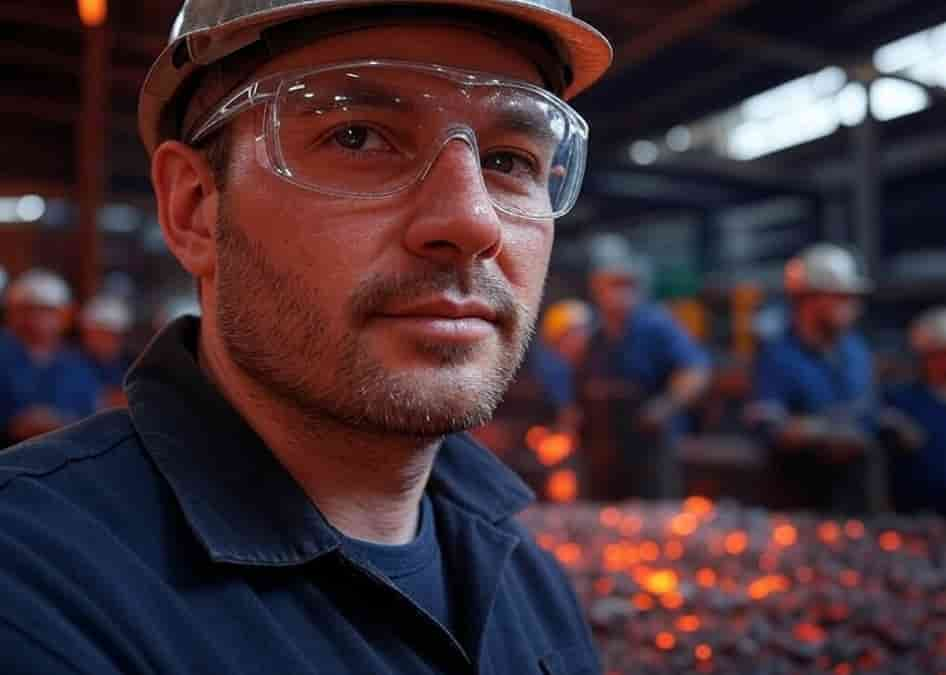In a major development for Britain’s industrial heartlands, the proposed 2,700 redundancies at British Steel have been placed on hold, following an unprecedented government intervention to safeguard the future of the Scunthorpe steelworks.
This dramatic reversal comes after the government assumed operational control of British Steel earlier this month, passing emergency legislation on 12 April to prevent the closure of the plant’s blast furnaces.
The Scunthorpe reprieve
The Scunthorpe facility, based in North Lincolnshire, had faced imminent shutdown. Chinese owner Jingye had cancelled its orders for essential raw materials, citing insurmountable financial and environmental pressures. Without a fresh supply of these materials, the site — home to Britain’s only operational virgin steel blast furnace — was on the brink of ceasing production altogether.
In a move that signals a temporary but critical reprieve, production has resumed under UK governmental oversight. Sources have confirmed that a stable raw materials pipeline has been restored and a new leadership team has been installed to guide the business through a delicate transition phase.
British Steel’s environmental crossroads
While immediate job losses have been averted, Jingye’s earlier position raises pressing questions about the long-term future of carbon-intensive steelmaking in the UK. The firm stated that the Scunthorpe blast furnaces were “no longer financially sustainable” under the dual strain of tough market conditions and the costs involved in transitioning to greener steel production methods.
By contrast, Port Talbot Steelworks, Wales, have already shifted to using electric arc furnaces, which recycle scrap metal and produce lower emissions. The current government strategy for Scunthorpe may thus involve balancing traditional manufacturing with emerging sustainability goals — a dilemma that could define the next chapter in British steel production.
What this means for UK workers
At present, the 2,700 roles earmarked for redundancy are considered safe, though British Steel has yet to provide a definitive timeline for how long this employment guarantee will last. With 3,500 people working at the Scunthorpe site, the importance of clear and sustained communication from leadership cannot be overstated.
Strategic leadership and future planning
The installation of new management at British Steel signals an intent to reimagine the business, but critical questions remain around financing, sustainability, and international competitiveness. The steel industry faces an inflection point — not just in Scunthorpe, but across the UK — as it grapples with decarbonisation, automation, and global economic realignment.
The Workers Union Says…
“In the meantime, the message from government is unambiguous: the steelworks at Scunthorpe are not only a commercial asset but a cornerstone of the national industrial framework. By intervening, the government has sought to buy time both to secure jobs and to forge a longer-term solution for domestic steel production. As further details emerge, The Workers Union will continue to monitor developments and provide timely updates for our members”




